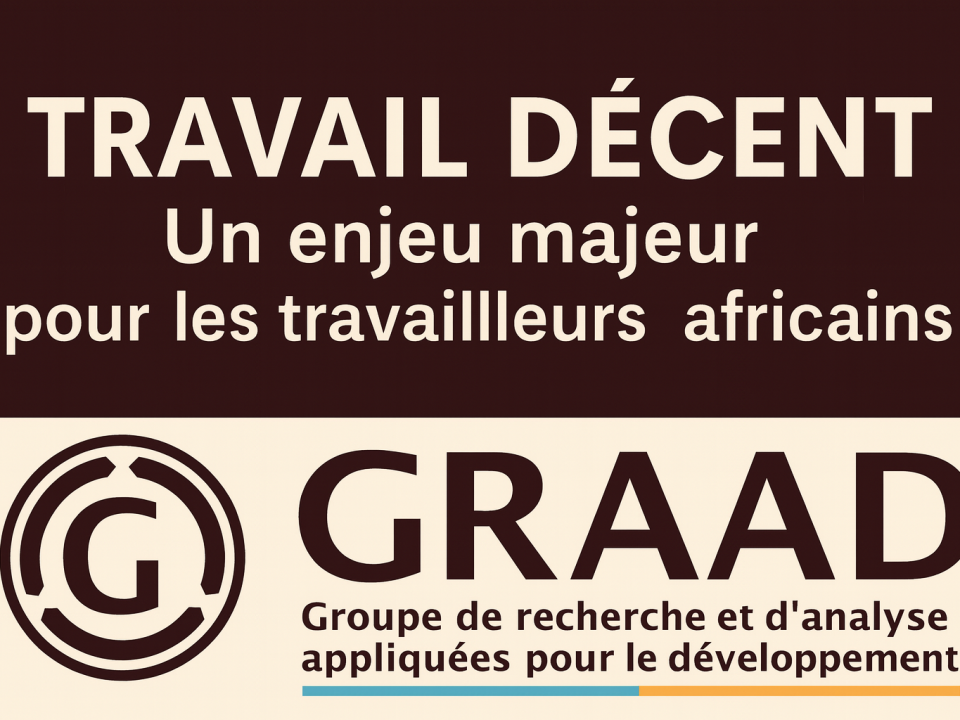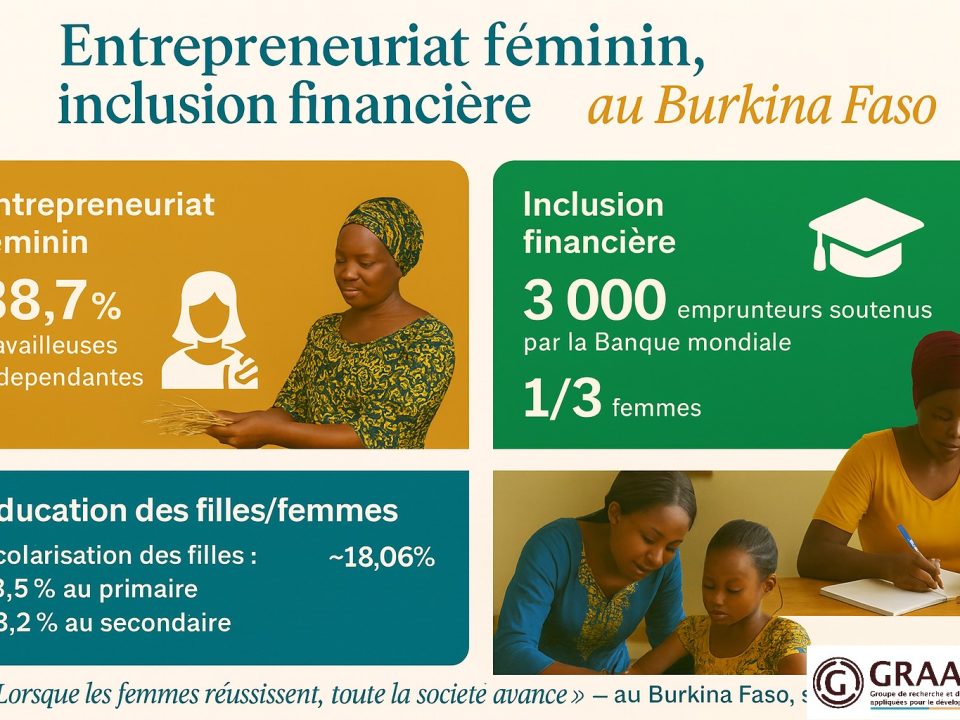Entry with Audio
mai 11, 2014Interview Dr LANKOANDE GRAAD sur la politique d’emploi des jeunes Mai 2014
mai 15, 2014Farm Risk Management for Africa – CPF’s Self Evaluation in Burkina Faso Wageningen university-GRAAD
Farm Risk Management for Africa is a project funded by the European Union (EU) and was launched in Ouagadougou, Burkina Faso on 26-27 September, 2012. It aims to improve food security and livelihoods of the rural poor in Africa by enhancing smallholder farmers’ access to sustainable tools and instruments to manage farm risks.
The launch workshop highlighted the fact that the ability of farmers to anticipate, avoid, and respond to natural and economic shocks is crucial for poverty reduction, food security and indeed a viable agricultural sector.
However, African farmers, smallholders in particular, often lack access to tools which can help them to manage the pre- and post-harvest risks they are faced with. FARMAF aims to make these tools and services available to smallholder farmers. By doing so, FARMAF contributes to sustainable improvements in the livelihoods of farmers in Africa.
During the launch workshop the experience in Burkina Faso, Tanzania and Zambia with different tools (insurance, market information systems, warehouse receipt systems and collective action) were discussed, and suggestions were made on how these can be improved and strengthened through collaboration of Regional Producers Organisations (PAFO, ROPPA, EAFF, SCAU and PROPAC), national Farmers Organisations (MWIWATA, CPF and ZNFU) and Agrinatura Research Institutes (CIRAD, NRI and WUR).
To make sure the project is on the good way in term of goals achievement, it is important to measure or estimate progress made at all level. To do so, a self evaluation of CPF was planned.
The main objective of this self evaluation is to measure the progress made by CPF in terms of capacities building specially in the following five domains:
- Capacity of coherency
- Capacity to network
- Capacity to learn and update
- Capacity to commit and act
- Capacity to deliver development objectives




